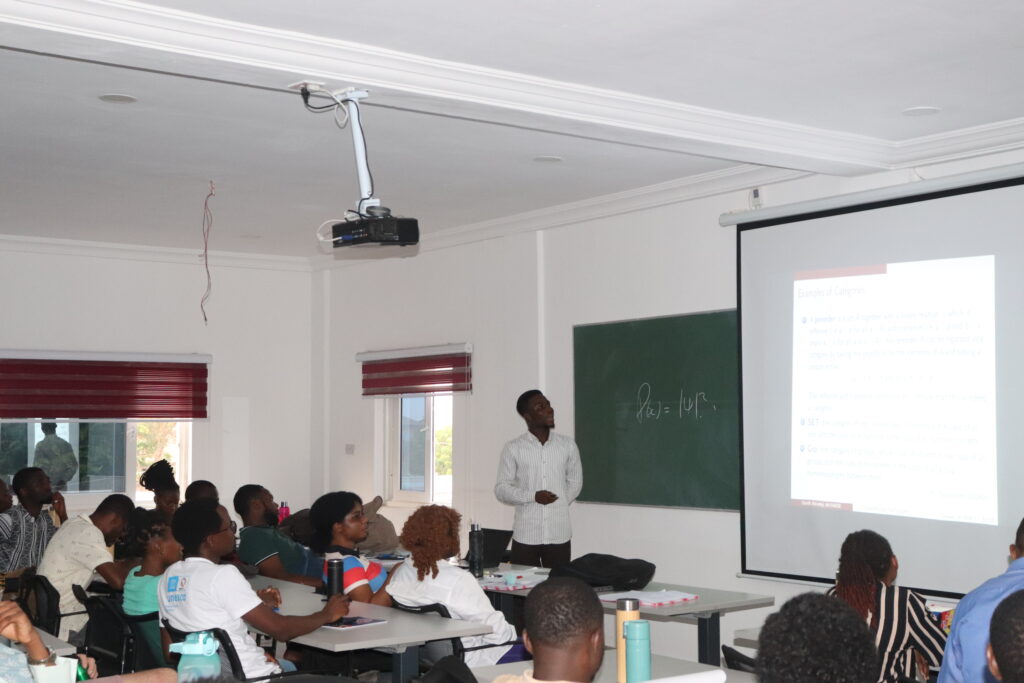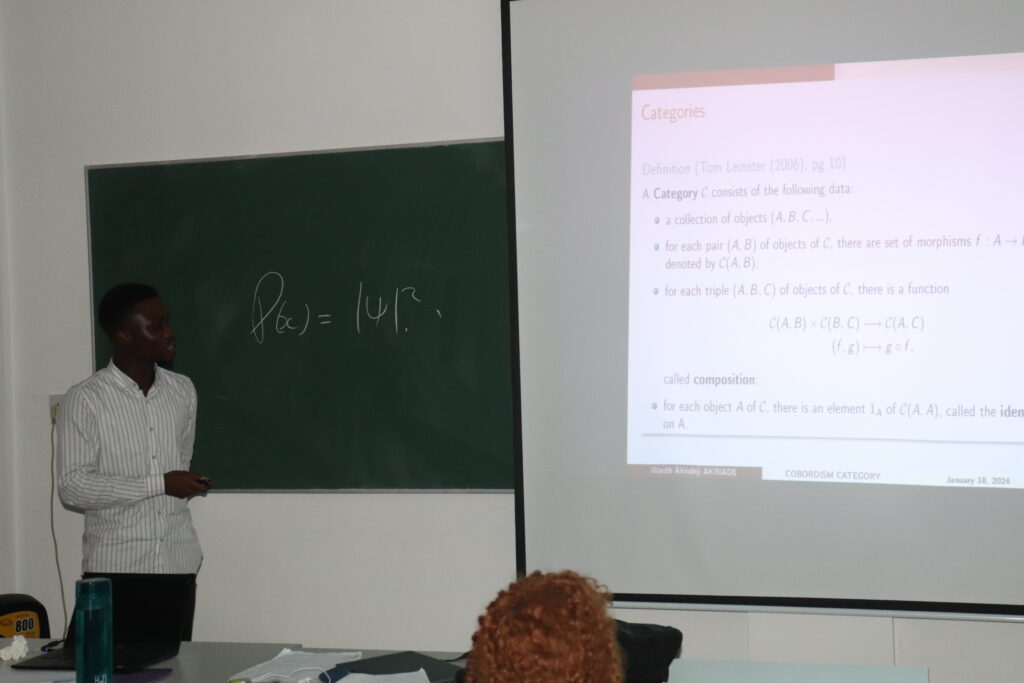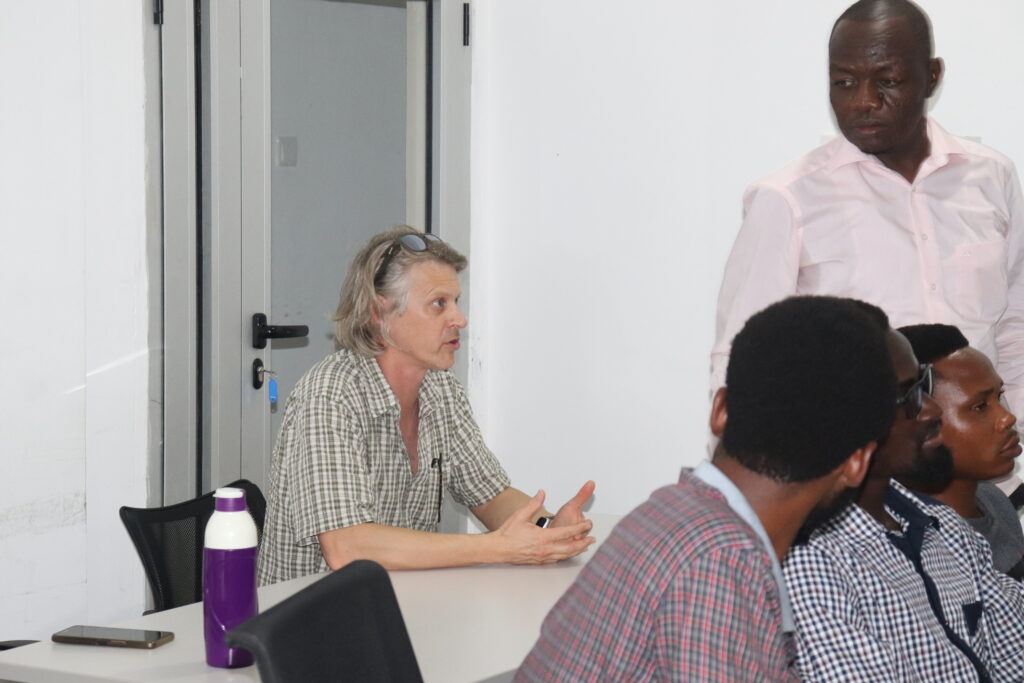Category Theory, a branch of abstract mathematics, may seem esoteric at first glance, but its principles have a remarkable ability to permeate various disciplines and offer practical solutions in the real world. Originally developed to study mathematical structures and relationships, Category Theory has found unexpected applications in computer science, linguistics, and even philosophy. Do you want to explore how Category Theory can be linked to real-life solutions, demonstrating its versatility and impact beyond the confines of theoretical mathematics?
Category Theory provides a unified framework for understanding mathematical structures and relationships. At its core, a category consists of objects and morphisms (arrows) between them, subject to certain rules. This abstraction allows mathematicians to study patterns that are common across different mathematical structures.
This theory has made significant inroads into the field of computer science, particularly in functional programming. Concepts such as functors, monads, and natural transformations, borrowed from Category Theory, have become fundamental building blocks for designing robust and modular software systems.
By leveraging Category Theory, programmers can create more maintainable and scalable code, facilitating the development of complex software solutions. The abstraction provided by Category Theory allows for the creation of generic algorithms and data structures, promoting code reuse and simplifying the development process.
Surprisingly, Category Theory has also found applications in the study of language and linguistics. Linguists have used categorical concepts to model syntactic structures and analyze language semantics. The abstract nature of Category Theory proves valuable in capturing the relationships between different linguistic elements, aiding in the understanding of complex language patterns.
Bridging the Gap in Philosophy and Problem Solving
Category Theory’s influence extends to philosophy, offering a novel perspective on abstract concepts and their interconnections. Philosophers have employed categorical ideas to explore the relationships between different philosophical theories, revealing hidden connections and providing a more comprehensive understanding of fundamental concepts.
Beyond its theoretical applications, Category Theory has proven itself as a valuable tool for solving real-world problems. The ability to model complex relationships and structures in a unified framework makes it an effective tool for tackling interdisciplinary challenges.
For example, in data science, Category Theory can be used to model and analyze relationships between different data sets, leading to more insightful and accurate predictions. Similarly, in system design, architects can use Category Theory to model and optimize the interactions between different components, improving the overall efficiency and reliability of complex systems.


Category Theory, once confined to the realms of abstract mathematics, has transcended its origins and emerged as a powerful tool for solving real-world problems across diverse disciplines. Its ability to model relationships, structure, and abstraction has paved the way for innovation in computer science, linguistics, philosophy, and beyond. As we continue to explore and apply the principles of Category Theory, we unlock new possibilities for solving complex problems and gaining deeper insights into the interconnected nature of our world.

